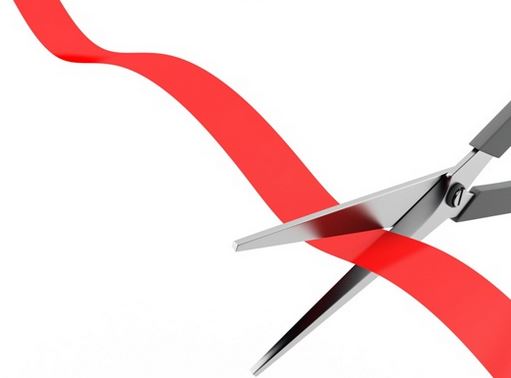The term bureaucracy is a specific one that has changed over the years. In fact, today it encompasses a range of meanings and connotations.
The original meaning of bureaucracy is “a body of non-elective government officials” that makes policy decisions.
Today, the term has taken on several more meanings, including pen-pushers and faceless civil servants. We call government department employees who do things very slowly bureaucrats.
People claim that bureaucrats treat them with condescension or even disdain. In other words; it has also become a derogatory term.
Even in large companies, which are in the private sector and supposedly efficient, there is red tape. Some companies’ departments are full of rules, lengthy procedures, and bureaucrats.
Multinationals’ legal departments are famous for moving very slowly. Things slow down to a snail’s pace when we hear “As soon as the legal department approves this, we can go ahead.”
People outside large companies despair at the bureaucratic procedures of certain departments.
Bureaucracy emerged in English in 1818
According to Miriam-Webster, the word emerged in the English language in 1818. The meaning then referred to a system of authority in which career officials held positions. Citizens did not vote for these officials, who were usually subservient to the monarch.

Karl Emil Maximilian ‘Max’ Weber (1864-1920) had a positive view of bureaucracy. Weber, a sociologist and political economist, expanded the meaning of bureaucracy. The term also meant “any system of administration conducted by trained professionals according to fixed rules,” Weber said.
Ludwig Heinrich Edler von Mises (1881-1973) said that bureaucracy “is always applied with an opprobrious (scornful) connotation.” Followers of Austrian economics today often quote the works of Mises.
In 1957, Robert King Merton (1910-2003), an American sociologist, said that the term bureaucrat had become an epithet. In this context, ‘epithet’ means disparaging.
The meanings of bureaucracy
- A body of government officials who fill jobs by appointment. In other words, voters do not elect them.
- An administrative group that makes policy decisions.
- A system of government in which state officials rather than a representative that people elect make key decisions.
- A government where functions are specialized, and there is strict adherence to set rules. Additionally, there is a hierarchy of authority.
- A system of administration in which there is red tape, officialism, routine, and intransigence.
Do we need bureaucrats?
If by bureaucrats we mean civil servants, we most definitely need them. Without them, we would have no functioning state hospitals, street lighting, or state schools.
In fact, refuse collections, law enforcement, plus hundreds of other essential services would not exist.

Put simply, without bureaucrats civilization as we know it would not exist. No government could function without bureaucracy.
In the USA, people occasionally get a taste of what happens when the system lays off federal employees. When Congress cannot agree on raising the debt ceiling, there is subsequently a government shutdown.
If a 16-day US government shutdown caused havoc, imagine what a never-ending one would do!
